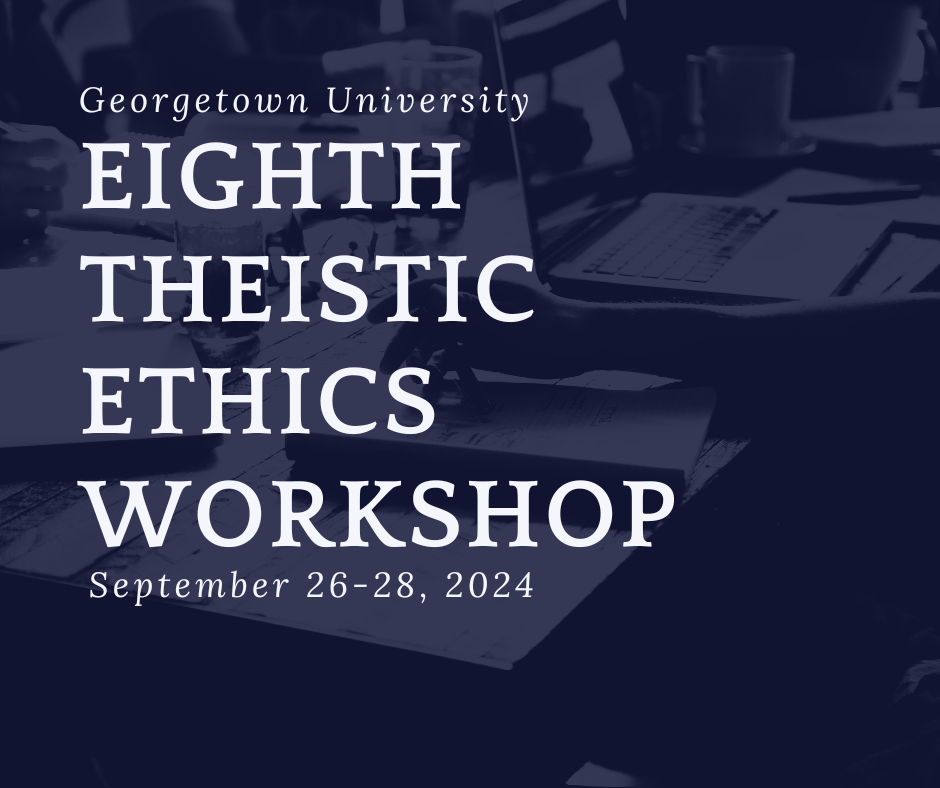Constructivism and Moral Arguments for God: Exploring the Foundations of Moral Truth
/Dr. Christian Miller, AC Reid Professor of Philosophy at Wake Forest University, delivers an insightful lecture on the intersections of constructivism and moral arguments for the existence of God. Dr. Miller, whose work is extensively supported by Templeton Grant projects, engages deeply with contemporary ethics and the philosophy of religion, examining the nature of moral truths through the lens of constructivism versus moral realism.
In his exploration, Miller presents a sophisticated discussion on whether moral truths are merely human constructs influenced by societal and individual responses, or if they exist independently of our constructions. This critical analysis is framed around a philosophical dilemma akin to the Euthyphro dilemma in religious ethics, challenging the foundational aspects of how moral truths are determined and their implications for philosophical theology.
The lecture is essential viewing for philosophers interested in the latest debates in metaethics and the philosophy of religion. Miller's nuanced approach not only elucidates the complex dynamics between human cognitive processes and moral normativity but also probes the potential impacts of these theories on classical moral arguments for the existence of God. His presentation is a significant contribution to ongoing philosophical discussions and is poised to stimulate further scholarly dialogue and inquiry.













